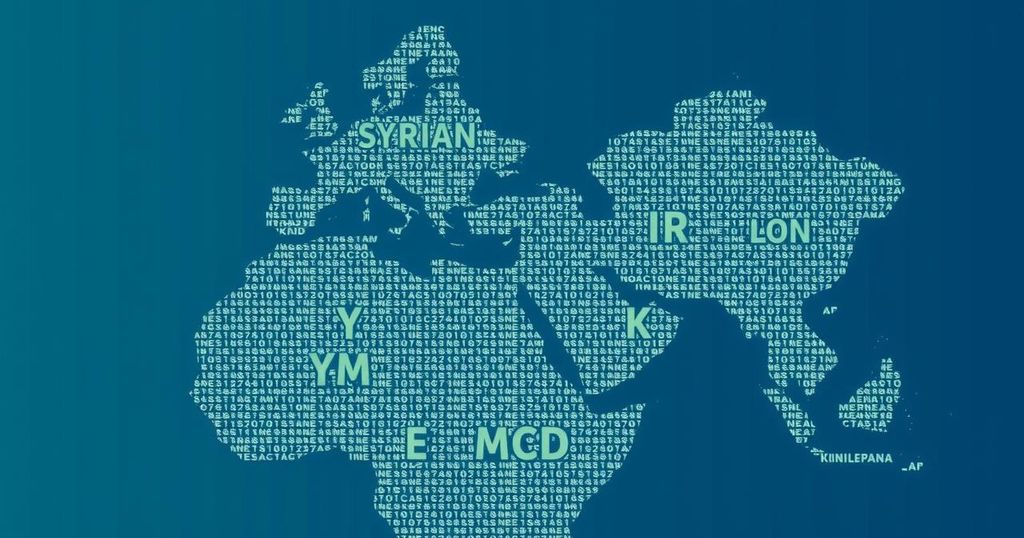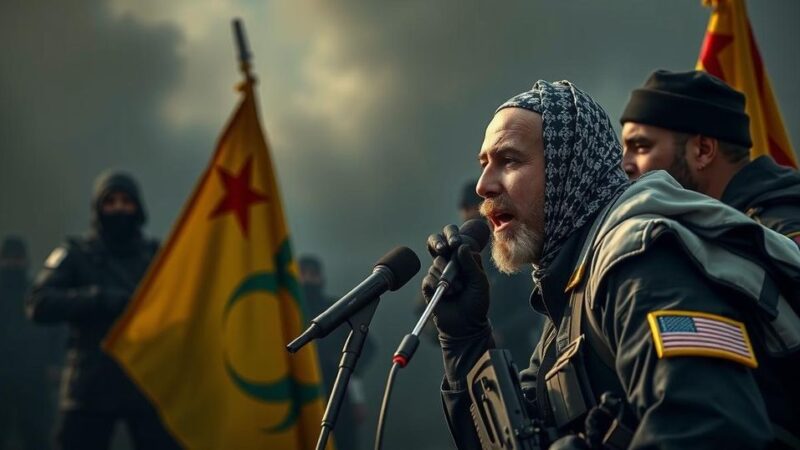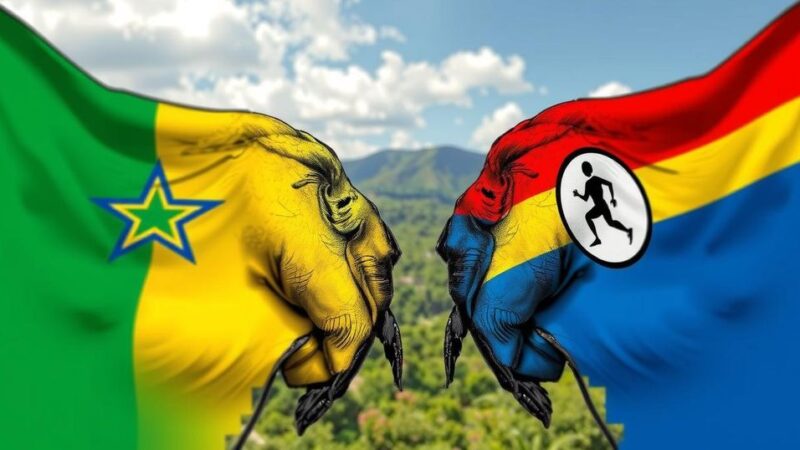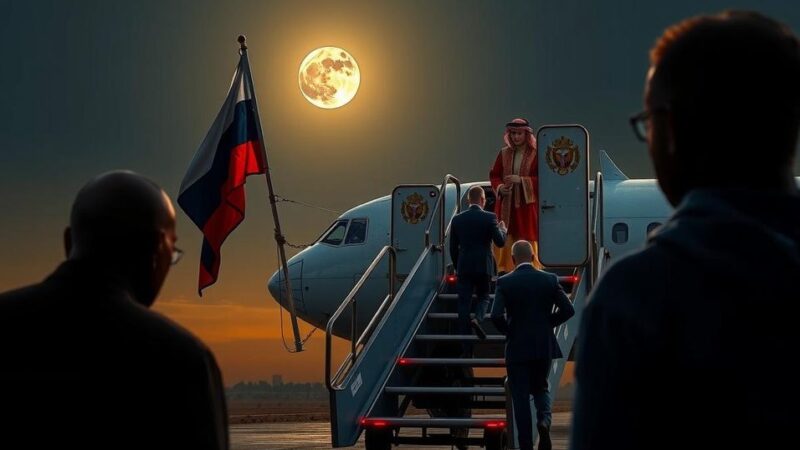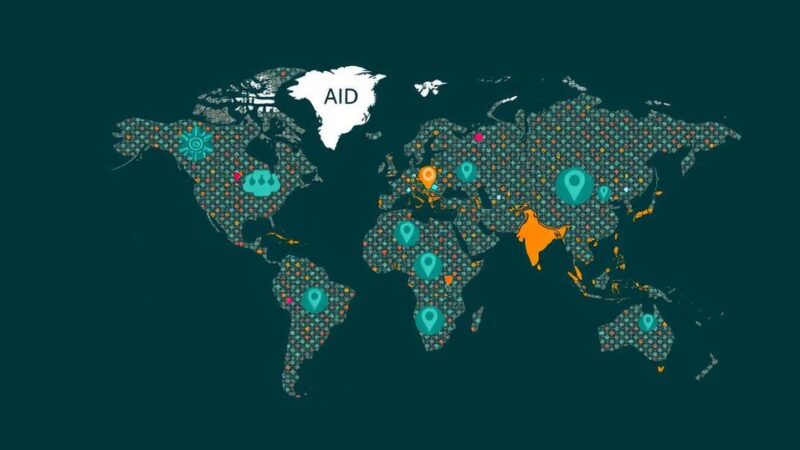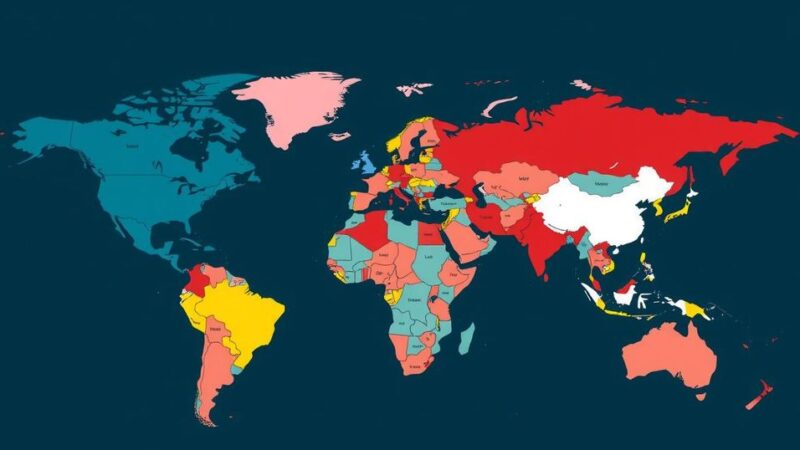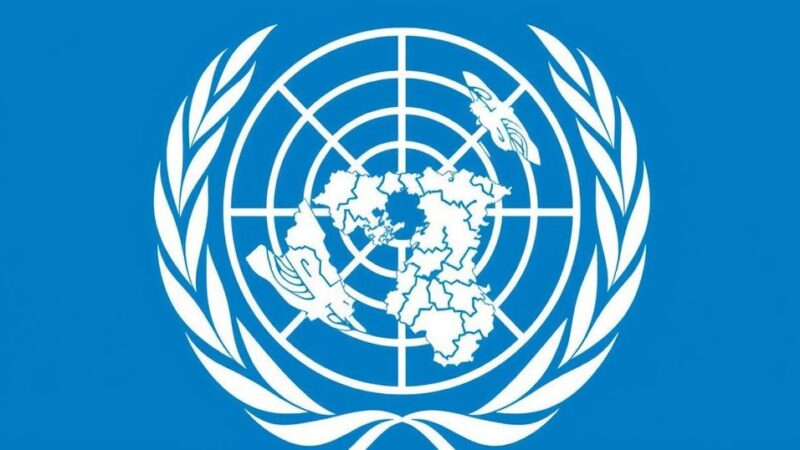This article discusses three key global issues: the worsening humanitarian crisis in Syria due to violence; Iranian survivors of the 2022 protests demanding justice for human rights violations; and South Sudan’s preparations for its first democratic elections. The situations highlight the urgent need for accountability, humanitarian aid, and political reforms in their respective contexts.
The humanitarian crisis in Syria is worsening due to ongoing violence, which has been exacerbated by recent airstrikes. The UN warned that humanitarian operations at border crossings have been halted following an airstrike that killed civilians, including volunteers from the Syrian Arab Red Crescent. Attacks in Idlib have also resulted in the deaths and injuries of numerous children, affecting vital services provided by NGOs and health facilities. Despite these challenges, aid deliveries continue through the Bab Al-Hawa border crossing.
In Iran, survivors of the 2022 ‘Women, Life, Freedom’ protests are demanding accountability for human rights abuses they faced during a government crackdown. An Independent International Fact-Finding Mission reported that these survivors testified in Germany about severe violations, including torture and arbitrary detention. The Mission emphasizes a victim-centered approach to ensure that survivors’ voices are heard in seeking justice and redress, with a report to the Human Rights Council slated for March 2025.
In South Sudan, Nicholas Haysom, head of the UN Mission, has urged governors to foster civic and political freedoms as preparations for the first democratic elections, expected in December 2026, commence. He highlighted the importance of creating an inclusive political environment and improving public services to ensure a fair electoral process. Furthermore, he called for the initiation of training for security forces to enhance nationwide safety, paving the way for peaceful elections.
The humanitarian situation in Syria has reached alarming levels due to sustained conflicts that disrupt aid and basic services. The UN Office for the Coordination of Humanitarian Affairs (OCHA) frequently reports on the impact of violence on civilians, particularly vulnerable groups such as children. In Iran, the aftermath of mass protests has revealed systemic human rights abuses, prompting international calls for accountability. Reports from independent missions highlight the need for recognition and justice for those affected by state brutality. Meanwhile, South Sudan faces critical electoral challenges as it prepares for its first democratic elections, necessitating significant political reforms and support from local leaders to ensure citizen participation and trust in the electoral process.
In summary, Syria continues to grapple with a severe humanitarian crisis due to escalating violence, particularly affecting children and humanitarian operations. In Iran, survivors of state violence are pressing for accountability in the wake of repressive measures against protestors. Meanwhile, South Sudan’s path towards democratic elections is being shaped by the actions of its governors to foster an open civic space and ensure effective governance. Each of these situations requires urgent international attention to safeguard human rights and promote stability.
Original Source: news.un.org
